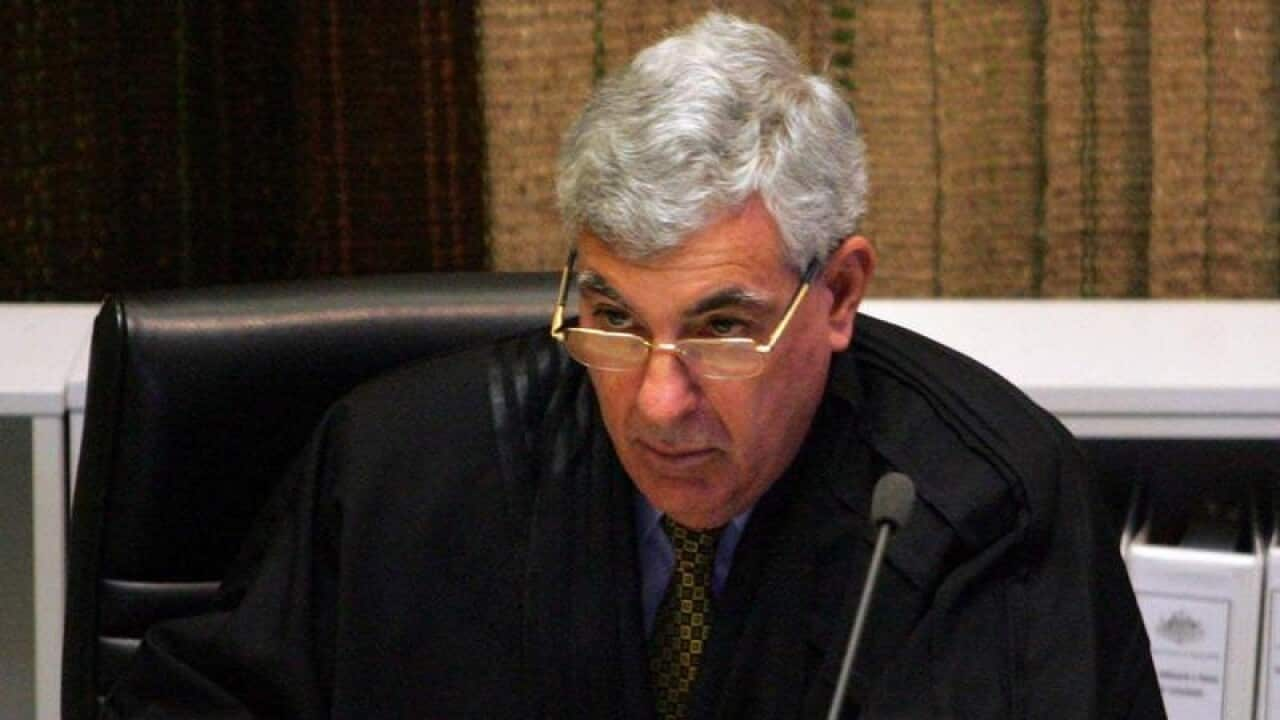Documents detailing serious complaints about mistreatment and abuse of children with a disability by teaching staff have been obtained by a disability advocate group.
Children and Young People with Disability Australia (CYDA) CEO Mary Sayers told SBS News the organisation filed Freedom of Information requests in every state for instances of abuse - and what they received was "terrible".
"There was a case where a child had their hair pulled, and was dragged across a classroom, and was told that they were a 'stupid boy,' Ms Sayers said.
"We had some cases of sexual abuse against children, and the outcome was there was no further action taken
Ms Sayers said the national situation remains unclear, as only Queensland, New South Wales, Western Australia, and the ACT were willing to provide all information, other states were not so forthcoming.
"Tasmania flatly refused, they said it would be too much of an administrative burden," she said.
"Other states would only give us partial information."
Ms Sayers said she is not surprised by the findings, and insisted they are just "the tip of the iceberg.
Disability Royal Commission begins
It comes as the Royal Commission into Violence, Abuse, Neglect and Exploitation of People with Disability has held its first public hearings in the north Queensland city of Townsville.
The commission was told on Monday stories of students who withdrew from mainstream schooling due to violence and bullying.
Like a 10-year-old girl with Asperger's syndrome, who, tormented by her classmates, ended up cowering in a rubbish bin to escape their relentless bullying.
Charlotte (not her real name) was also pushed from a pier and left with black eyes after being hit in the head.
Their bullying finally forced her to withdraw from the private school because she could no longer cope, the disability commission was told during public hearings on Monday.
The school put an individual education plan in place that was inadequate and only exacerbated her anxiety, the hearing was told.
"We've had such a horrible journey. It's almost like because Charlotte's different, she's viewed as less," her mother's submission says.
Charlotte is not alone.
Students who are unable to curb their behaviour are excluded from school, with one boy aged six suspended six times in six months for behavioural issues.
The mother of a girl with Down syndrome broke down at times as she told the commission that every day of school was difficult.
"I just don't remember getting through a week where I wasn't asked to provide a resource or fix a problem at the school," she said.
Now a happy, healthy and independent aged 13, her daughter is obsessed with Disney movies and has a cat, a dog, six chickens and a fish.
But getting her to this point has been a constant struggle.
Excluded from class activities, she was taken to a special room to colour in while her classmates were learning.
She couldn't take swimming classes with the other children and missed out on extracurricular activities because she was different.
It finally came to a head in Year 2 when she was physically and verbally abused by her teacher.
She was so "petrified" - screamed at, humiliated and forced to sit on a bath mat, the commission heard.
She changed schools and, for the first time, was treated as "normal".
"For the first time had access to the proper curriculum. She got homework ... she participated in everything," the girls' mother said.
"It was a very normal experience."
They were just two stories laid bare to the royal commission that held its first public hearings in Townsville this week.
'Failing disabled children'
Counsel assisting Kerri Mellifont said some disabled students are subject to violence and bullying so severe they are forced to withdraw from the mainstream school system.
"Those submissions and information start to paint the very real and stark picture that in many places persons with disabilities are not receiving equity in their education," Dr Mellifont said.
"They are not being treated as people with the rights to an equitable education."
Greens Senator Jordon Steele-John, who championed the establishment of a royal commission and is in Townsville for its commencement, said this is unacceptable.
"Australia is failing disabled children and their families. we are segregating disabled kids, and we are doing it with public money."
The commission also heard while some schools embraced disabled students, other teachers feel "overwhelmed" when teaching so-called "diverse learners".
They've not been given skills, training or resources they need and the relationship between schools and families can often be adversarial, the commission was told.
The hearing before Ronald Sackville QC will continue in Townsville over four days this week.

